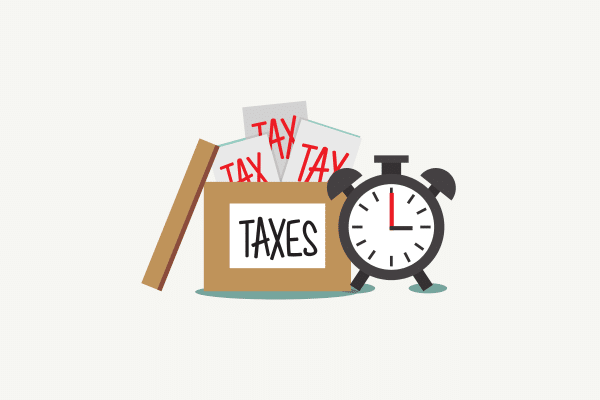
You work hard to build your business, so why give the IRS more than necessary? The truth is, many entrepreneurs overpay on taxes simply because they don’t have the right strategy in place. They assume their tax software or accountant has it covered, but if you’re not actively managing your tax liability, you’re likely leaving thousands on the table.
If that stings a little, don’t worry. It’s fixable. Here are the top five reasons business owners overpay on taxes and, more importantly, how to stop.
1. You’re Missing Out on Deductions
Think you’re claiming all the deductions you’re entitled to? Maybe not. Business owners leave money behind every year by overlooking common write-offs, such as:
- Home office expenses (yes, even if you rent)
- Business meals and travel (within IRS guidelines, of course)
- Software, subscriptions, and online tools
- Marketing and advertising costs
- Professional development and education
How to fix it: Work with an Austin tax accountant who knows how to maximize your deductions without raising red flags. You’d be surprised how much you can legally write off.
2. Your Books Are a Mess (Or Nonexistent)
You can’t deduct what you can’t prove. If your bookkeeping is inconsistent or nonexistent, you’re missing tax-saving opportunities and setting yourself up for unnecessary stress or worse, an IRS audit.
How to fix it: Either commit to keeping detailed financial records or let an Austin accounting service handle it for you. Well-kept books don’t just make tax time easier; they keep more money in your pocket.
3. You’re Not Planning for Quarterly Tax Payments
If you wait until April to think about taxes, you’re already behind. Business owners and self-employed individuals must pay estimated taxes quarterly and if you don’t, you could face penalties and a massive, unexpected tax bill.
How to fix it: A CPA in Austin, Texas can help you calculate quarterly tax estimates so you stay compliant, avoid IRS penalties, and keep more cash flowing through your business.
4. Your Business Structure Is Costing You Money
The legal entity you choose—LLC, S-Corp, C-Corp—determines how much you pay in taxes. Many entrepreneurs stick with the wrong structure for too long and unknowingly overpay thousands each year.
For example, switching from an LLC to an S-Corp can reduce self-employment taxes and significantly increase your take-home income.
How to fix it: A tax advisor in Austin can review your current setup and let you know if a business structure change makes sense for your financial goals.
5. You’re Not Thinking About Taxes Until It’s Too Late
If your tax strategy consists of filing and hoping for the best, you’re doing it wrong. The best tax savings happen before the end of the year, not during tax season.
A proactive tax strategy includes:
- Quarterly tax planning to prevent overpayments
- Maximizing tax credits (R&D, energy efficiency, hiring incentives)
- Smart retirement contributions to reduce taxable income
How to fix it: Work with a small business CPA in Austin who focuses on strategy, not just compliance. A CPA firm in Austin, Texas can create a tax plan that saves you money year after year.
Stop Overpaying—Let’s Build a Smarter Tax Strategy
If any of these tax mistakes sound familiar, don’t wait until next year to fix them. A proactive tax strategy can put real money back in your business.
At Insogna CPA, we help business owners reduce tax burdens, maximize deductions, and create long-term savings strategies. Whether you need a tax advisor in Austin, an Austin small business accountant, or an Austin accounting firm that understands entrepreneurs, we’ve got you covered.





